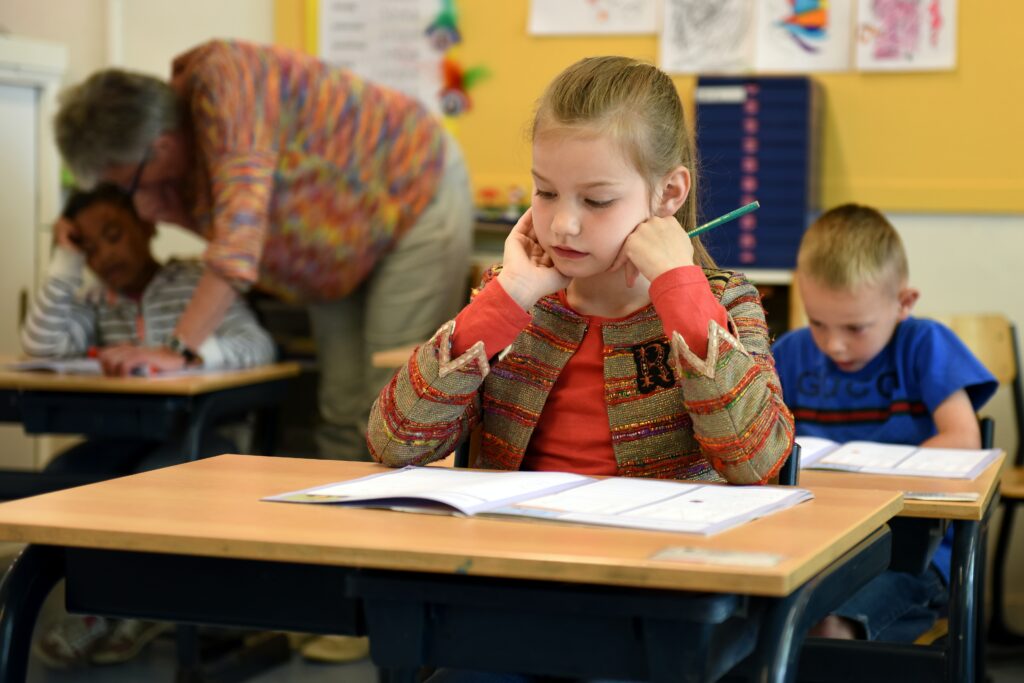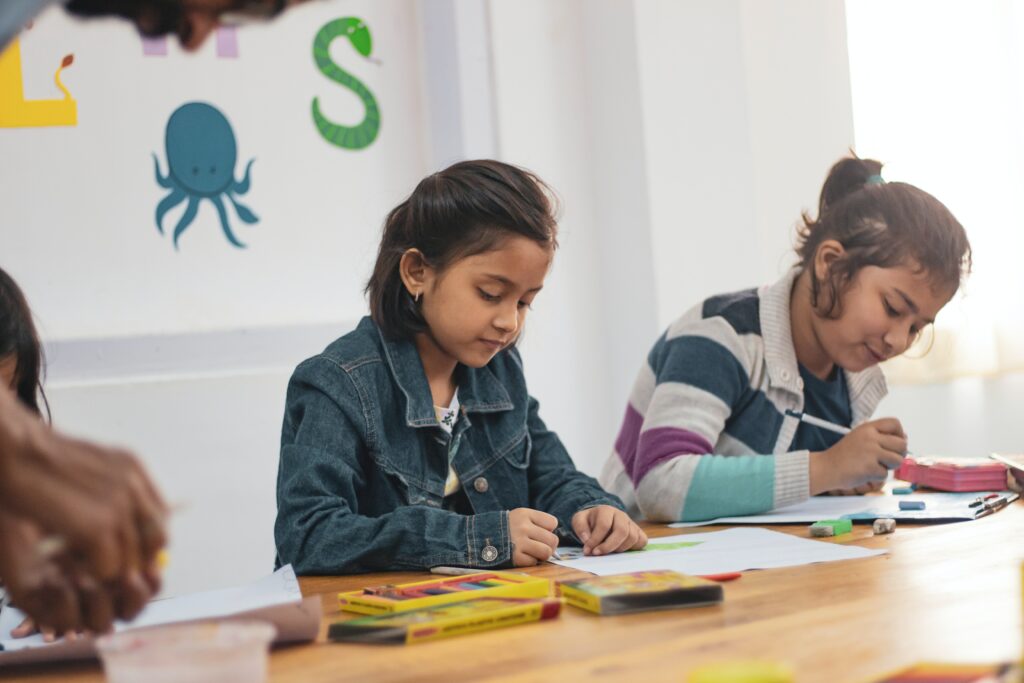I have worked in international education, but I am not an educator. I do not have a PGCE or any teaching experience to speak of – other than occasional classroom invigilating in my capacity as early years foundation stage (EYFS) governor for a group of British Schools Overseas (BSO).
However, I did work for a group of private schools overseas. When I joined as assistant business manager, I was tasked with the company’s development. At that point, the group had four schools in Spain and a boarding school in the UK. When I left my vice-chairman role 12 years later, the now international group had 17 schools spread across Spain, Germany, Panama, UK and Latvia, and a projected one in Bahrain. We educated over 10,000 students of more than 47 nationalities, covering all religions, creeds and beliefs. Being involved in international education gave me a unique insight into the educational attitudes, methods and nuances of many different places.
My job entailed doing the full market study, looking for the site, dealing with local partners, and the school’s full rollout until the moment the appointed head (in whose selection process I also participated) took over managing the school. All this is to say that, although I am not an international educator per se, I do know a thing or two about international education, setting up and running a school.

Having had a privileged upbringing and an excellent education, I have always been a big believer in the power of education. It is the one thing that sets us free. Education empowers us to ask the right questions, act when we feel we should, and grow as individuals and professionals. The transformational power of a book well understood, a good teacher or a favourite subject, cannot be overstated.
Education is Britain’s greatest export
I remember standing in the foyer of our recently opened school in Panama in September 2012. The school had been open for two weeks, and I stood there greeting the children as they came in for a class in the morning. Two children, obviously Panamanians, walked past me with beaming smiles, said their hellos, and continued their conversation – in English. Two children whose common language was Spanish, who hadn’t spoken any English until two weeks before, were having a stilted conversation in English!
Their desire to learn and improve was so strong that they chose the harder path. It was enlightening! Stories like that abound, but the one recurring theme – whether with Asian, Middle Eastern, European or African children – was their burning desire to learn.
Education is, arguably, Britain’s greatest export. More than cars, defence or even football, quality education is synonymous with British education. Bizarrely, until quite recently, the British government refused to acknowledge this self-evident fact. It was only through Baron Andrew Adonis and Sir Roger Fry’s hard work that a framework was set up to give BSOs a proper inspection scheme and a kitemark of quality. Until then, any school outside the UK was free to wave the Union Jack, call themselves ‘The British School of…’, and get away with it, irrespective of the quality of education or whether they were following any curriculum.
This situation was seriously damaging to the UK’s image and led to the proliferation of so-called ‘British schools’ worldwide. Given this, many children were wasting some of their academic life attending schools that seemed good (fancy building and flashy website) but whose core was rotten. This situation, in my opinion, is criminal. We cannot afford to waste a single month of our children’s education, let alone a whole academic year.

This problem extended beyond just the image. As of the year 2000, there were approximately 1,000 BSOs. By 2010, this number had increased to 9,000 and is projected to hit 22,000 by the end of 2020.
The situation becomes more serious when you consider that the UK currently has a 160,000 teacher deficit. With many going to attractive postings in Dubai or Spain (better weather, lower cost of living, no OFSTED), the UK is losing qualified teachers – who have a burnout rate of 33% anyway – to schools that are not properly monitored.
To tackle this issue, the British School Overseas Inspection Scheme was born. Though voluntary, the rules are strict. You must post your reports online, follow the transparency rules and accept the questions of the inspectors. Once you have had the inspection, you get an official DofE number that shows yours is a fully inspected and certified British school. As a result, staff and parents can feel confident that their children attend a proper, certified and inspected school.
Sadly, of the 130 ‘British schools’ in Spain, only 13 had applied to be inspected as of 2019. Fortunately, the group I worked for was a pioneer of the inspection and an early supporter and user, making the opening of international schools easier. It meant that we could count on embassy support and had a unique tool to explain to parents why they should trust our methods.
I was often asked: “Why should we trust your school?” Whether in Latvia or Germany, Spain or Panama, every parent wants the best for their children. So, it is important to get this right. Not everyone can be a straight-A student at the end of the day. Some will excel in sports, music, or drama; others won’t flourish until they reach a later stage in life. The important thing is to unlock every student’s potential, whatever that may be. Education is too often about numbers, exam results and reporting, unfortunately. We forget that there are children at the core, and, as any parent knows, no two children are alike.
There is great joy in education
Opening schools provided me with many anecdotes. One that was hilarious (although definitely not at the time!) took place in Panama. We were due to open on a Tuesday, but our license to operate from the ministry still had not come through on Monday. Tempers and nerves were running high. We made a last-ditch attempt to retrieve the situation and were told by a civil servant that they had the license there. When we asked for it, the reply came: “Sorry, I can’t give it to you – I’ve run out of paper in my printer”.
We pleaded and then suggested that we provided the paper. The civil servant agreed and then came a scramble to find a paper company that would sell us a single stack of white A4 paper! This wasn’t easy in Panama, but eventually, we found one and got the license with about five minutes to spare before the ministry closed. Such is bureaucracy. My hairline receded a few inches that day.
Another equally entertaining story is how we discovered that one of the schools in Europe had witnessed some action during World War Two. One day, the teacher on playground duty saw some children kicking a metallic object. Curious, she approached only to discover, with horror, what looked like a bomb! The school was shut down, and the army called in.
Apparently, this old, rusty (but perfectly armed) bomb was dug up during the building works and had been left lying about since. Needless to say, the site was scanned and checked up and down before anybody was allowed back on. The bomb was safely removed, and nobody was harmed, but all had a story to tell when they went home.

There is much joy to be had in education. Particularly in my role, I interacted with people, adults and children from all walks of life, socio-economic backgrounds, religions and beliefs. It was fascinating and a pleasure. I travelled the world, used my love of languages, and learned hard lessons about dealing with different cultures. Every country, every culture is nuanced. It is hopeless to take an approach to negotiation in the UAE and think it will be the same in Russia.
Early on, I developed a template for opening international schools that served me well, but the most important skill you can have in this job is flexibility. As highlighted before, you have to be ready for anything and pivot quickly when the unexpected happens.
My template was straightforward: identify a market, study it, find a location, build/rent a site, get the proper licenses, develop a relationship with the community, select a headteacher and begin the marketing drive. Once the head was in place, I would hand over most of the operations to them. The single most important decision was to appoint the head. Getting this right is vital to the beginning of the school, which, in turn, is vital to establishing your credibility and cementing trust with the community.
I have been blessed in many aspects of my life, but I will always cherish my relationships with the incredible professionals in education. Much maligned and criticised, people fail to understand that teaching is vocational. I believe that 99% of these professionals genuinely care; they look after and educate our children, and many do so under less than optimal conditions. It is no accident that in many oriental cultures, teachers are revered. There is much to be learnt from that.
Thank you for visiting our blog. Our vision here at Books2All is a world where every child finds the books that help them reach their true potential. If you have spare books in good condition at home that you think might be appropriate for school children, please sign up for our app’s pre-release waiting list. If you represent a school, please register to receive books for your students.

